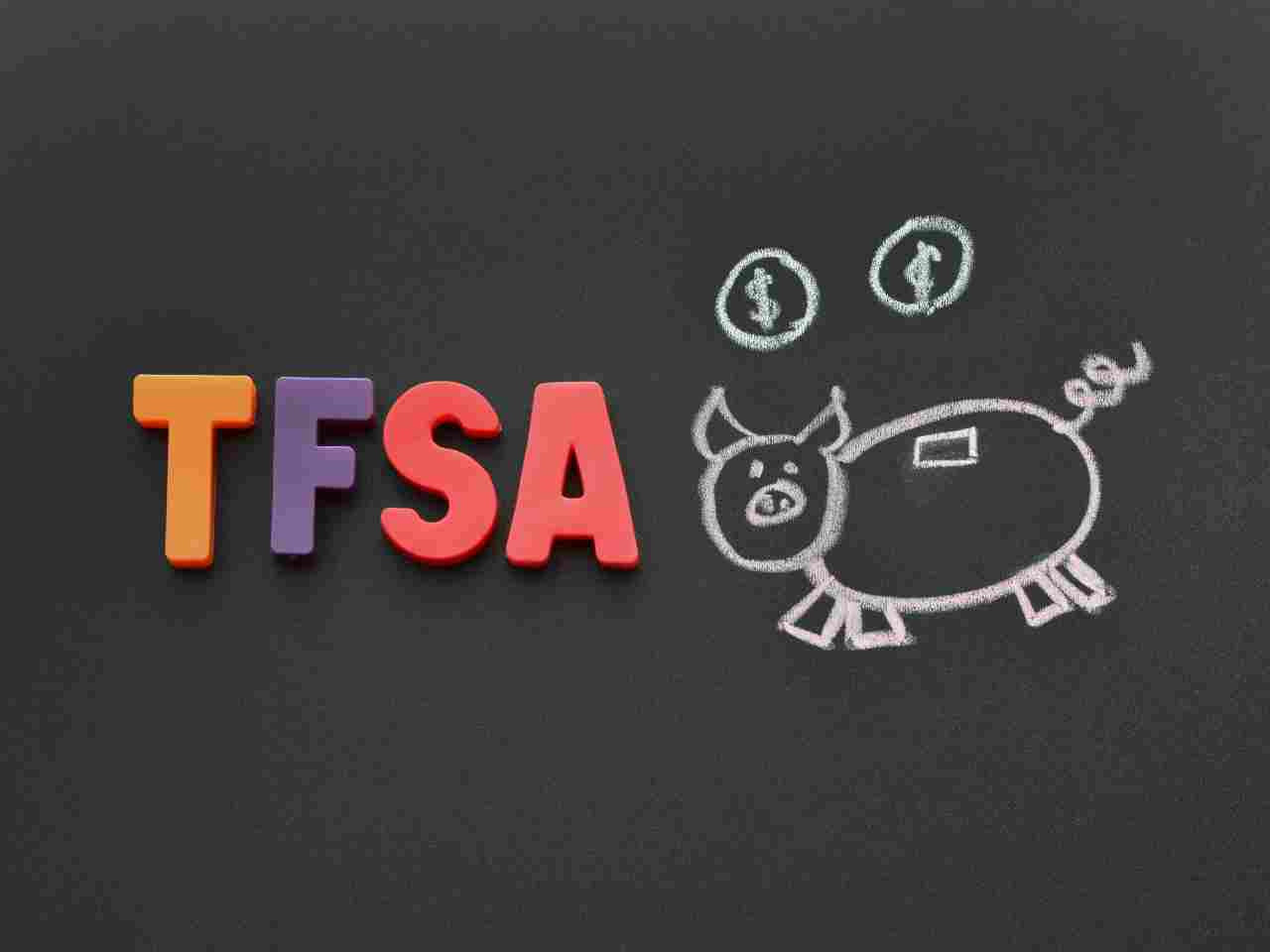Tips & Advice
We are pleased to provide a variety of resources on accounting, taxation and other related subjects that we hope will be helpful to both individuals and businesses. Read through our blog posts below or browse through our Quick Tools resource menu. Have a question that isn’t answered here? We can help. Simply contact us by email or give us a call at 807-276-6272. We would be happy to meet with you for a free, no-obligation consultation.
Disclaimer:
The content provided in this blog is for general informational purposes only and is not intended as professional accounting, tax, or financial advice. While efforts are made to ensure the accuracy and timeliness of the content, errors or omissions may occur. The content does not constitute a client-advisor relationship. Readers should consult with a Chartered Professional Accountants or other financial professional for advice tailored to their specific needs. We are not liable for any actions one might take based on the information provided in this blog.
What to use... TFSA or RRSP For Savings?
The choice between a Tax-Free Savings Account (TFSA) and a Registered Retirement Savings Plan (RRSP) depends on various factors, including your financial goals, current income, and retirement plans. Here are some key considerations for both:
TFSA (Tax-Free Savings Account):
- Tax Treatment: Contributions to a TFSA are made with after-tax dollars, meaning you don't get a tax deduction for your contributions. However, any investment income, capital gains, or withdrawals are tax-free.
- Flexibility: TFSAs offer flexibility in terms of withdrawals. You can take money out of your TFSA at any time without tax consequences, and the withdrawn amount is added back to your contribution room in the following calendar year.
- Short-Term Goals: TFSAs are suitable for short-term goals or emergency funds due to their flexibility and tax-free nature.
RRSP (Registered Retirement Savings Plan):
- Tax Treatment: Contributions to an RRSP are made with pre-tax dollars, and you may be eligible for a tax deduction, reducing your taxable income in the contribution year. However, withdrawals are considered taxable income.
- Retirement Savings: RRSPs are designed to help Canadians save for retirement. They provide a tax advantage during your high-income earning years, and you can defer taxes until retirement when your income may be lower.
- First-Time Home Buyers' Plan (HBP) and Lifelong Learning Plan (LLP): RRSPs allow you to participate in programs like the HBP and LLP, which can be beneficial for buying a first home or funding education.
Factors to Consider:
- Current Tax Bracket: If you are in a higher tax bracket now and expect to be in a lower tax bracket in retirement, RRSP contributions may be more advantageous. If your tax bracket is lower now and you expect it to be higher in retirement, a TFSA might be a better choice.
- Financial Goals: Consider your short-term and long-term financial goals. If you need flexibility and accessibility to your savings, a TFSA may be more suitable for short-term goals, while an RRSP may be more appropriate for long-term retirement savings.
In many cases, a combination of both TFSA and RRSP contributions may be a good strategy. It's advisable to consult with a financial advisor or contact our office to determine the best approach based on your individual circumstances and goals.
When you subscribe to the blog, we will send you an e-mail when there are new updates on the site so you wouldn't miss them.

